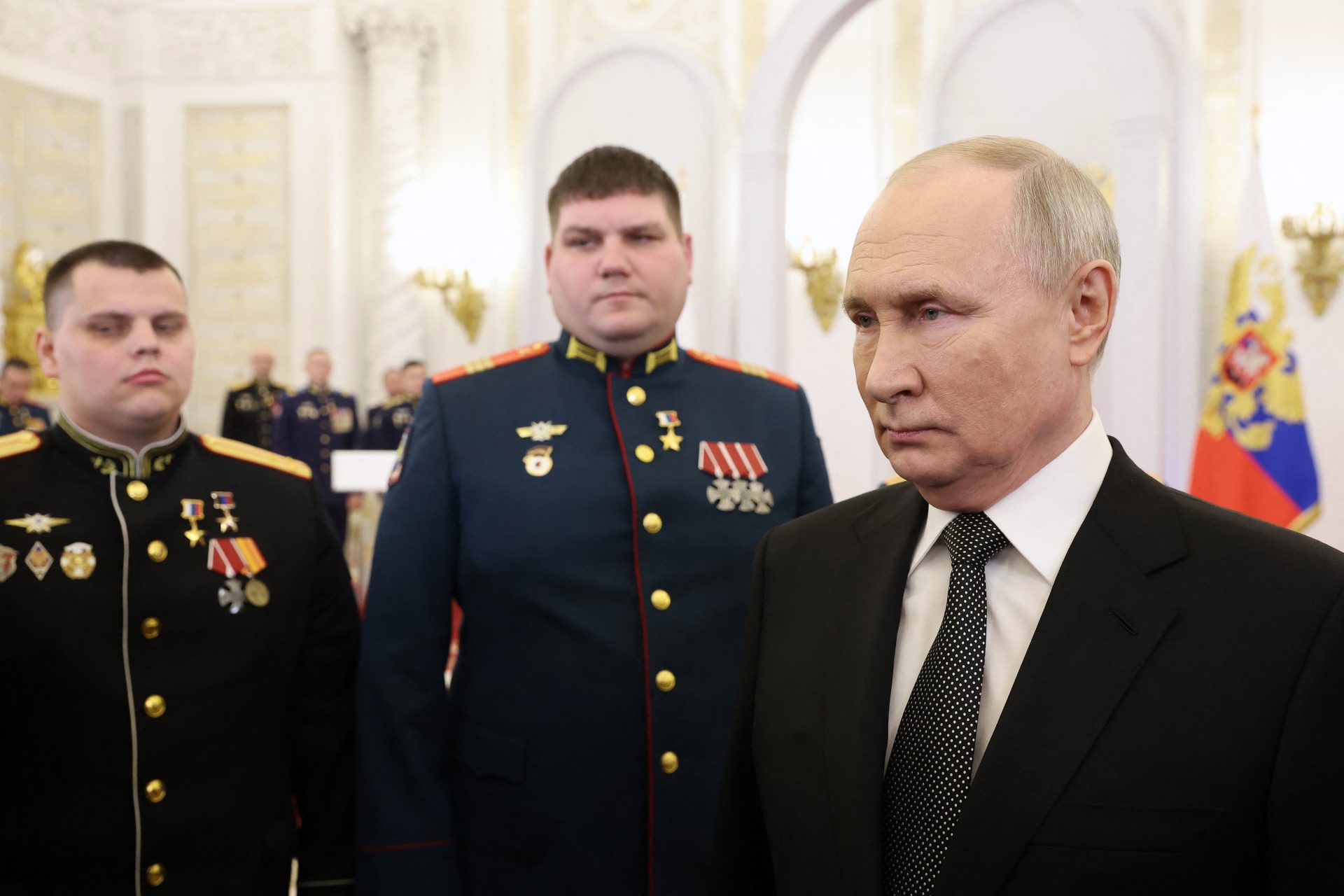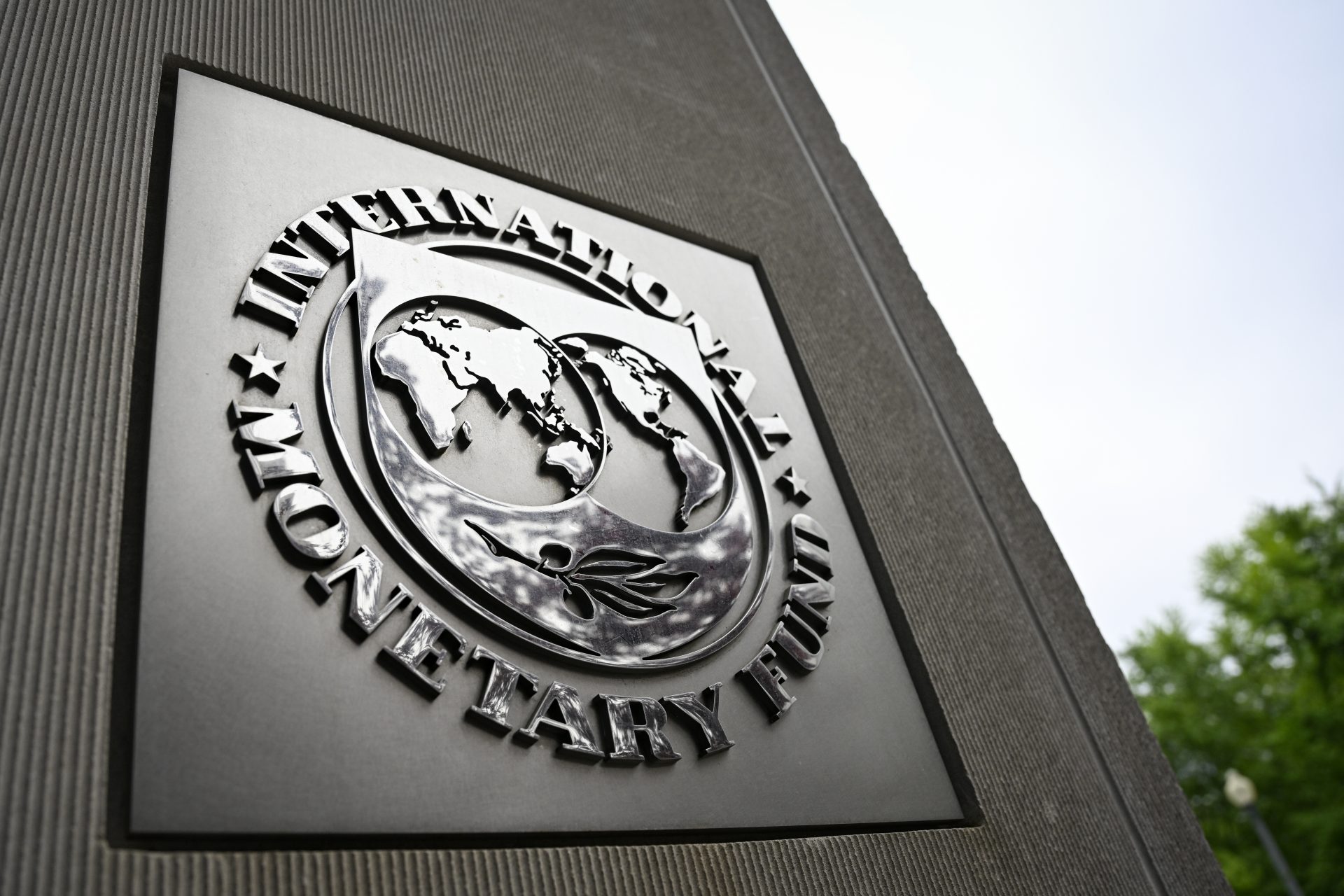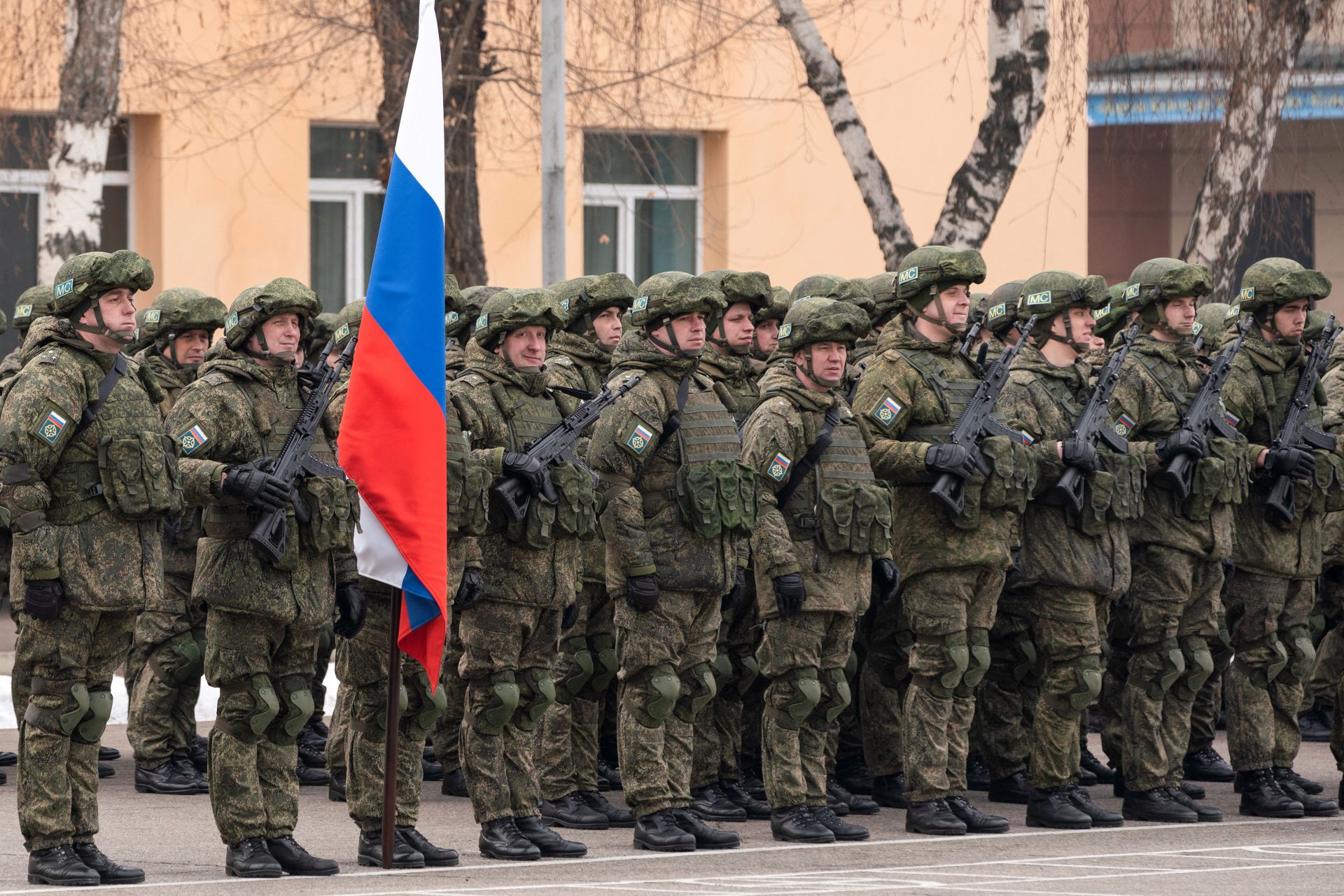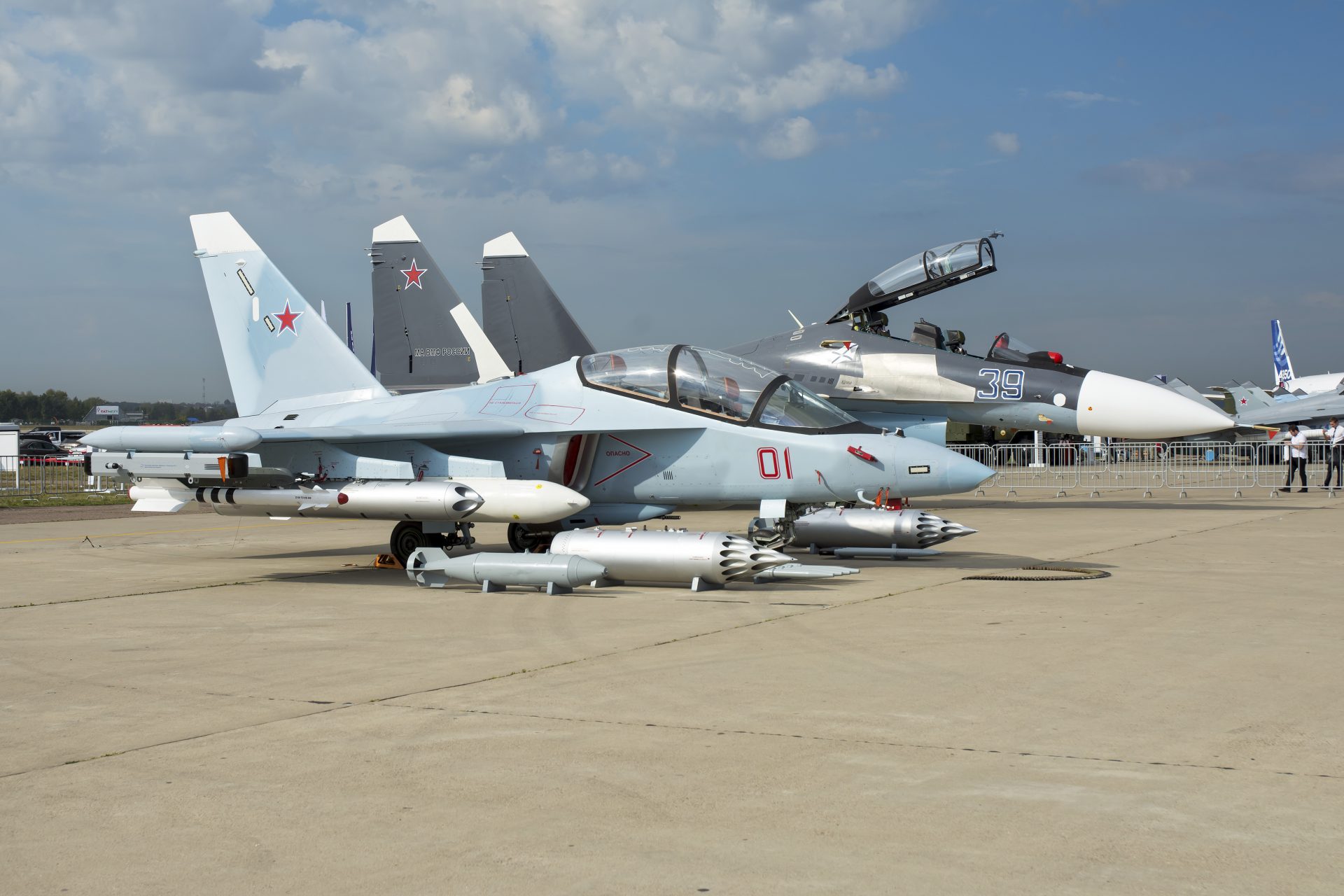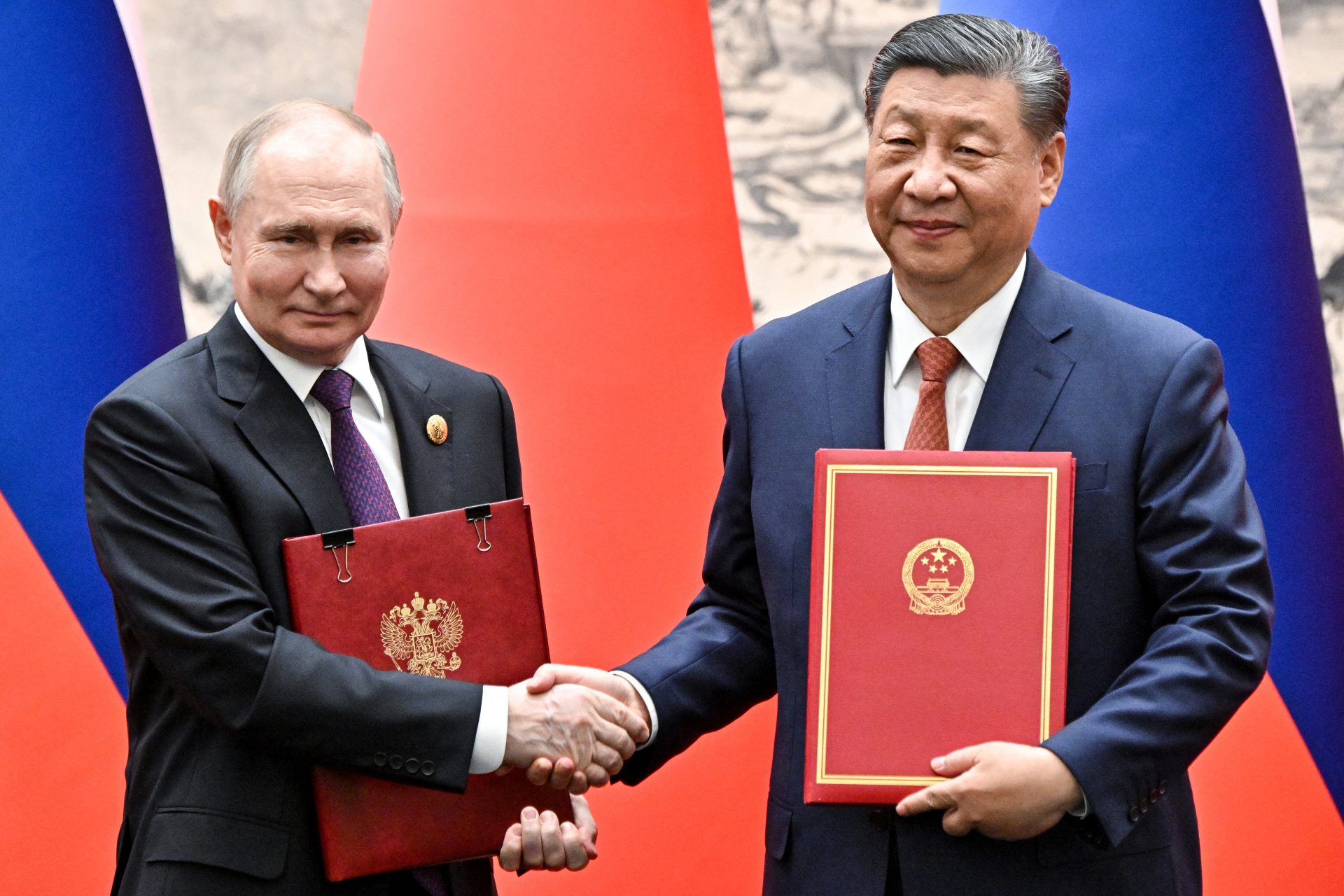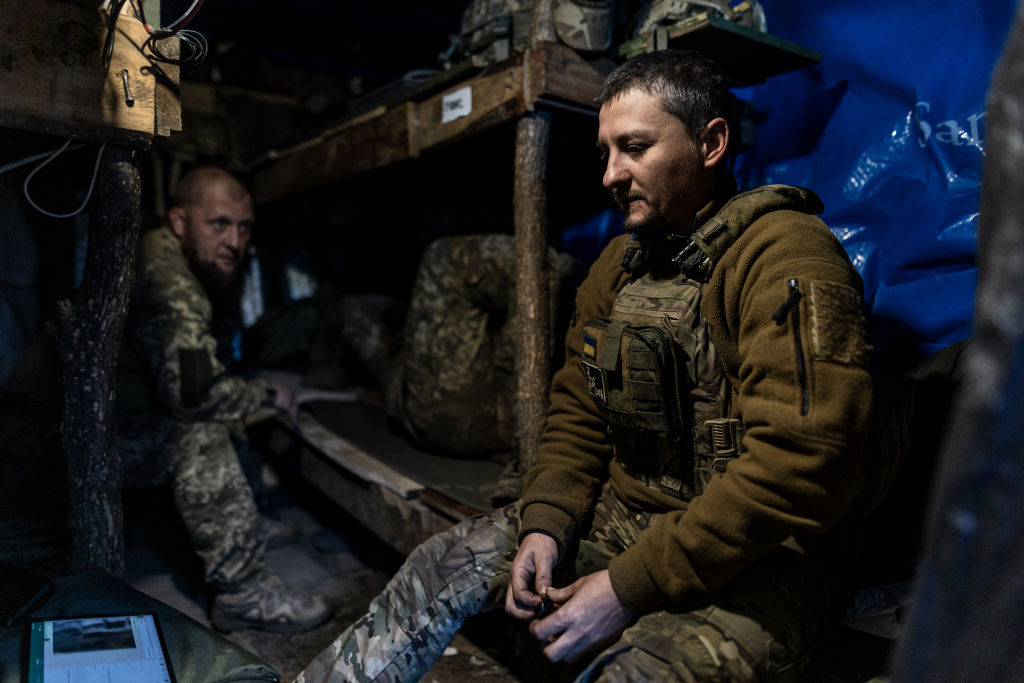Afghanistan's lost wars, from Alexander the Great to Joe Biden
Mid-August 2021. The Taliban had gained ground in the war to dominate their country and Kabul, the capital fell. It was an incredibly swift takeover that came months after Biden announced in April the United States would be withdrawing its military in Afghanistan.
Afghanistan (and the world) has now seen twenty years of this war; since George W. Bush sent his armies into the country in 2001 to avenge the 9/11 attacks and capture Osama Bin Laden. It has now all collapsed like a house of cards in a matter of days. But what are the statistics behind this war? How many have lost their lives? How much money has been squandered on this war adventure?
Photo: Andre Klimke / Unsplash
According to the Watson Institute at Brown University, the war in Afghanistan has resulted in approximately 240,000 deaths over the past twenty years, many of them civilians and the vast majority of them Afghans. This figure does not include those who have died from disease, lack of food/ water or other indirect consequences of the war. US troops, including their contractors, have claimed some 7,000 lives on Afghan soil. According to Watson Institute estimates, the war has cost the United States over two trillion dollars.
With the return of the Taliban, the entire society that had aspired to become a freer country has lost. But this loss has, above all, affected women. The burka, which completely covers the entire female body, was an obligation for women during the first Taliban rule, before the US invasion. However, some believe that this new Taliban regime is more lenient.
See how Afghan people have tried to flee the country in the past days
The Taliban, after taking power in Afghanistan, have promised not to retaliate against those who have fought them. Not only that, they claim that they will respect women's rights "within the rules of Sharia (Islamic law)". If that were the case, they would allow women to work and would not impose the burka. Islamic law does not, according to the scriptures, prohibit women's work and does not actually state clothing should completely cover women's bodies. But many who have studied the group do not trust these promises and believe that the Taliban are simply trying to put themselves in a good light for the Western countries.
China made it clear from the beginning that it will maintain absolutely normal relations with Taliban Afghanistan, and the European Union even admitted that "the Taliban have won the war", opening the door to establishing diplomatic relations with the new regime. The war is over. The umpteenth war in a country that has been plagued by conflict since Darius the Great (522BC); then Alexander the Great; followed by British and Soviet armies; and, finally, the United States and its NATO allies. But why has Afghanistan been at the centre of all this fighting?
Afghanistan is immense. It is a vast country with complicated geographical features: more than 650,000 square kilometres with high mountains, expansive plains, moors that stretch for miles and many caves - that only the locals know about...
Photo: Ej Wolfson / Unsplash
Geographically, the country is in a tough spot. It is divided into ethnic groups that have lived (or have tried to live) side-by-side. Depending on the historical period, these divisions have, on many occasions, fought against each other. Pashtuns are the majority group in Afghanistan, but there are Tajiks, Turkmen, Uzbeks... the list goes on. In large parts of the country, many tribal ancient customs are still adhered to.
Photo: Sohaib Ghyasi / Unsplash
In terms of economy, Afghanistan has extensive cotton, fruit and nut cultivation, as well as gold mines. But opium farming is a big part of where the country gets its cash. The Taliban promise to eliminate opium if the West compensates them.
Photo: Joel Heard / Unsplash
The Persian Empire, under Darius the Great, fought in the mountains of Afghanistan and managed to conquer part of the region. Alexander the Great took that power from the Persians and, for a couple of centuries (from 329 BC), the Greeks maintained a somewhat delicate control of certain areas, either by making deals with the locals or by fighting. Until, like everyone else who has passed through Afghanistan, they lost.
Legend has it that, as Alexander the Great made his imperial journey to India, plundering and conquering, he sowed the seeds of a tribe that endures to this day. These are the Kalash, who live in the remote mountains, nestled between several countries. In fact, this legend inspired Rudyard Kipling's story 'The Man Who Would be King'.
Photo: Bishes Burung / Unsplash
In 1219, Genghis Khan united part of the Afghan territory into the Mongol Empire and in 1273 Marco Polo then crossed the country when it became part of the Silk Road trade route. But this vast country and it's perilous mountains never ceased to be an impregnable place, always controlled in reality by its inhabitants, who were ready to fight against foreign invasion and, above all, were willing to wait patiently for their victory. In the end, time eventually drove out the invaders; as well as Genghis Khan's army.
Afghanistan finally emerged as a unified country in 1747 under the Durrani Empire. However, it soon came under attack from invasion, thanks to the country's strategic position as a gateway between West and East.
Great Britain has tried to incorporate the vast Afghan lands in its empire. It failed miserably. Twice. Even with the British Empire's famous Bengali spearmen, they were defeated in Afghanistan in 1842. In 1919, Britain lost the war again and Afghanistan entered a period of independence and modernisation.
During the first half of the 20th century, when Afghanistan was being ruled under a monarchy, they underwent a process of reconciliation with Europe. The images of Mohammed Zahir Shah, the last Afghan king, show his eager attempts to live in a Western style. However, in large parts of the country, where age-old traditions still existed, resistance continued. These people followed a more local interpretation of Islam with a traditionalist slant, as if time had stood still.
During the 1960s and 1970s, Afghanistan was on the hippy trail that ended in Kathmandu and the beaches of Goa. As the photograph shows, it was common to see young Europeans fascinated by distant cultures in Kabul. Many ended their journey here, having fallen under the spell of the country's drug production of heroin.
In 1978 the monarchy was overthrown by a communist rebellion and, in support of the rebels, the Soviet Union invaded Afghanistan in 1979. For years, the Soviets fought on the vast plains of Afghanistan. But that came to an end in 1989 when the Soviets were eventually driven out.
After the departure of the Soviets, chaos and war sparked between different factions of a lost country. The Mujahideen, formed by the Afghan rebel groups and guerrillas (or Mountain men) took Kabul in 1992 but the country was in a desperate state of disorganisation. Then, in 1994, the Taliban, a forceful group founded by Mullah Omar, began to gain ground and in 1996 took Kabul for themselves.
Whilst there was a warrant out for his capture, the Taliban welcomed Osama Bin Laden. He was the Saudi founder of Al Qaeda, a terrorist group that has, for many years, fought a global battle against what it considers to be the "enemies of Islam".
The attacks on US soil on the 11th September 2001 by members of Al Qaeda pushed President George W. Bush to seek revenge. He deemed it now time to invade Afghanistan and capture Bin Laden, the Al Qaeda frontman who claimed responsibility for the attacks. His capture wasn't possible until elite troops located him finally in 2011 in Pakistan, where they killed him.
And so, for 20 years, the United States (with the support of NATO soldiers) has fought in Afghanistan. There was a time when it was believed that the Taliban had been defeated and driven well back, past the point of ever being able to gain control again.
But Afghanistan, as previously stated, is a vast territory. Here, the Taliban have waited whilst also taking refuge in neighbouring Pakistan and have been fighting - and winning - battles. Due to the limited geographical reach of the official Afghan government, the president of Afghanistan was jokingly referred to as the "Mayor of Kabul". Beyond the capital, there was uncertainty over who, in fact, held the upper hand. Ashraf Ghani (pictured), the Afghan president, fled the country on 15 August 2021, thus admitting the Taliban's victory.
Although Joe Biden is taking the blame for the defeat in Afghanistan, it was in fact Donald Trump, who has a very one-track view when it comes to international policy, who decided on the withdrawal and ordered negotiations with the Taliban leaders and amnesty for thousands of prisoners of this now victorious regime.
However, it was Joe Biden who had to explain: "Afghanistan political leaders gave up and fled the country. The Afghan military collapsed, sometimes without trying to fight... So I'm left again to ask of those who argue that we should stay: How many more generations of America's daughters and sons would you have me send to fight Afghans - Afghanistan's civil war when Afghan troops will not?".
According to polls, US public opinion has so far supported withdrawal from Afghanistan. But the images from Kabul are reminding some of the fall of Saigon and have wounded American pride, as they witness a new defeat.
A new era begins in Afghanistan under Taliban rule. The country that has been plagued by war and conflict for centuries will continue to evolve and develop. Whilst its perilous and extensive geography will always emerge victorious against the humans that try to conquer it.
See the images of a chaotic and tragic week in Kabul
Photo: Nasim Dadfar / Unsplash
More for you
Top Stories




























